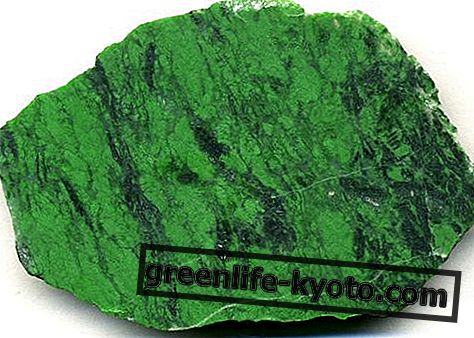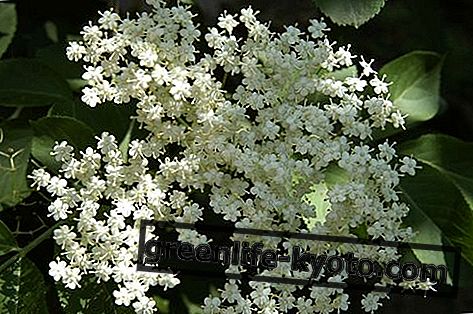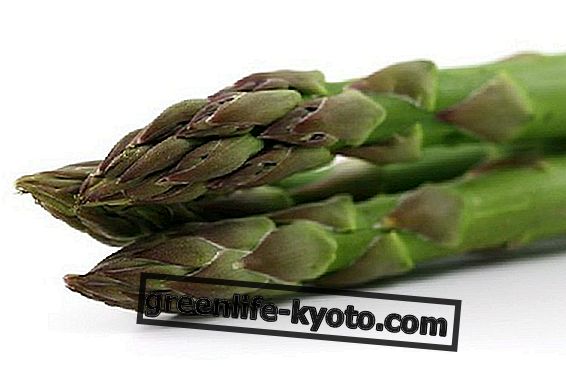Erysimus ( Sisymbrium officinale ) is a plant of the Brassicaceae family. Known for its anti-inflammatory and antiseptic properties, it is useful for the respiratory system . Let's find out better.

Property of the erysimus
Erysimus, also known as "grass of the singers", owes its name to the anti-inflammatory and antiseptic action on the respiratory tract, in particular its use is recommended in the treatment of inflammation of the throat, in cases of aphonia and dysphonia (lowering or loss) momentary of the voice) consequent to laryngitis, pharyngitis and tracheitis.
Current knowledge tends to attribute these properties to the presence of mucilage and to sulfur compounds, similar to those of horseradish, which give the erysime fluidifying and expectorant activity of bronchial secretions. For this reason it is an excellent remedy for cough of various kinds; and to soothe dryness or inflammation of the throats of smokers, actors and those who work with the voice.
The erysimus can also be used in the form of a decoction for the care of our animal friends, and in particular to treat the laryngitis of dogs and cats in the winter period.
Method of use
INFUSION : 1 tablespoon of aerial parts of erysime, 1 cup of water
Pour the erisimo into the boiling water and turn off the heat. Cover and leave to infuse for 10 min. Filter the infusion and drink it sweetened with honey, in case of sore throat, cough and hoarseness.
- Mother tincture of erisimus : 30 - 40 drops, 2-3 times a day diluted in a little water
Contraindications of the erysime
We do not recommend the use of erysimus in case of proven allergy to Cruciferae and hypothyroid subjects.
Find out also what is and how erysime mother tincture is used

Description of the plant
Annual plant with erect stem (60 cm) and branchy. The basal leaves are petiolate, pinnate, with toothed lobes, while the upper ones are whole and astate.
The yellowish flowers are very small and are gathered in bunches. The fruit is an elongated siliqua, which contains about twenty oblong and dark seeds.
The habitat of the erysimus
It is common in uncultivated land, along roadsides and near inhabited areas both in the plains and in the mountains.
Background
The name "Erisimo" derives from the Greek Eruo "I save" and Oimos "the song" and for this characteristic it was known since ancient times; but only in the XVI century it was carefully studied.
In fact, due to its healing properties, the plant became the plant of orators, theater actors and singers during the Renaissance. It is said that in 1951 the famous tenor Tito Schipa two hours before entering the scene was completely aphorized and that, thanks to a decoction of erism, he was able to perform.













